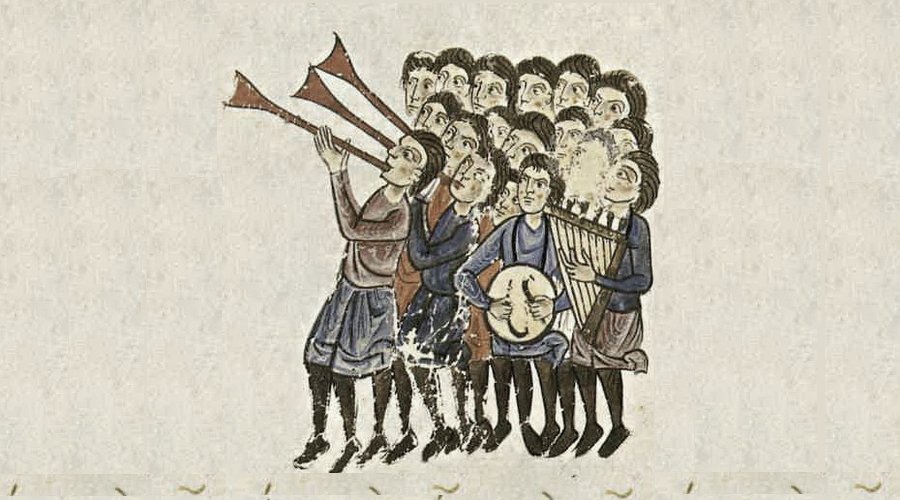Have you noticed that New Year's carols are a bit ... incoherent? No matter how hard you try, no sense comes out between the lines.

To remember the Carols:
Archimandy and Archichronia
My tall rosemary *
And start our good time
Church with the holy dome *
Santa Claus is coming
And he doesn't accept us *
From Caesarea
You are a noble lady *
It costs a penny and paper
Sugar cane fermenter *
Paper-paper and squid
See also with the lad *
So let's see how the incoherence is explained Our story takes place in Byzantium. In those years the poor and low class people did not have it right to speak to the aristocrats except at festivals where they could address them with wishes.
So a certain young man, of humble origin, was in love with a noblewoman. Because it was not socially acceptable to approach her except during the holidays to wish her well, he decided to include a love poem he had composed among the carols of the Great Basil!
So he begins and puts in intermediate verses (those with asterisks). In this way he would sing the carols following the social rules but at the same time he would sing his song... !!!
He calls her tall, like rosemary.
He likens it to a Church with the Agios tholos (church dome).
He tells her that he does not accept him (Santa has nothing to do with it!) because she is a noble lady.
Finally, it closes with the fluff!! He calls her zaharokantyo zymoti, meaning made of sugar (sweetie) and begs her to take a look at him.
So these paradoxical carols were passed down from generation to generation and became the most widespread in the entire Greek area!!!
So listening to the carols from the seeds that will knock on the door to two days, you also hear the love confession of the poor Byzantine youth to his aristocratic girlfriend.
From the third program.
Posted by Clear topic





